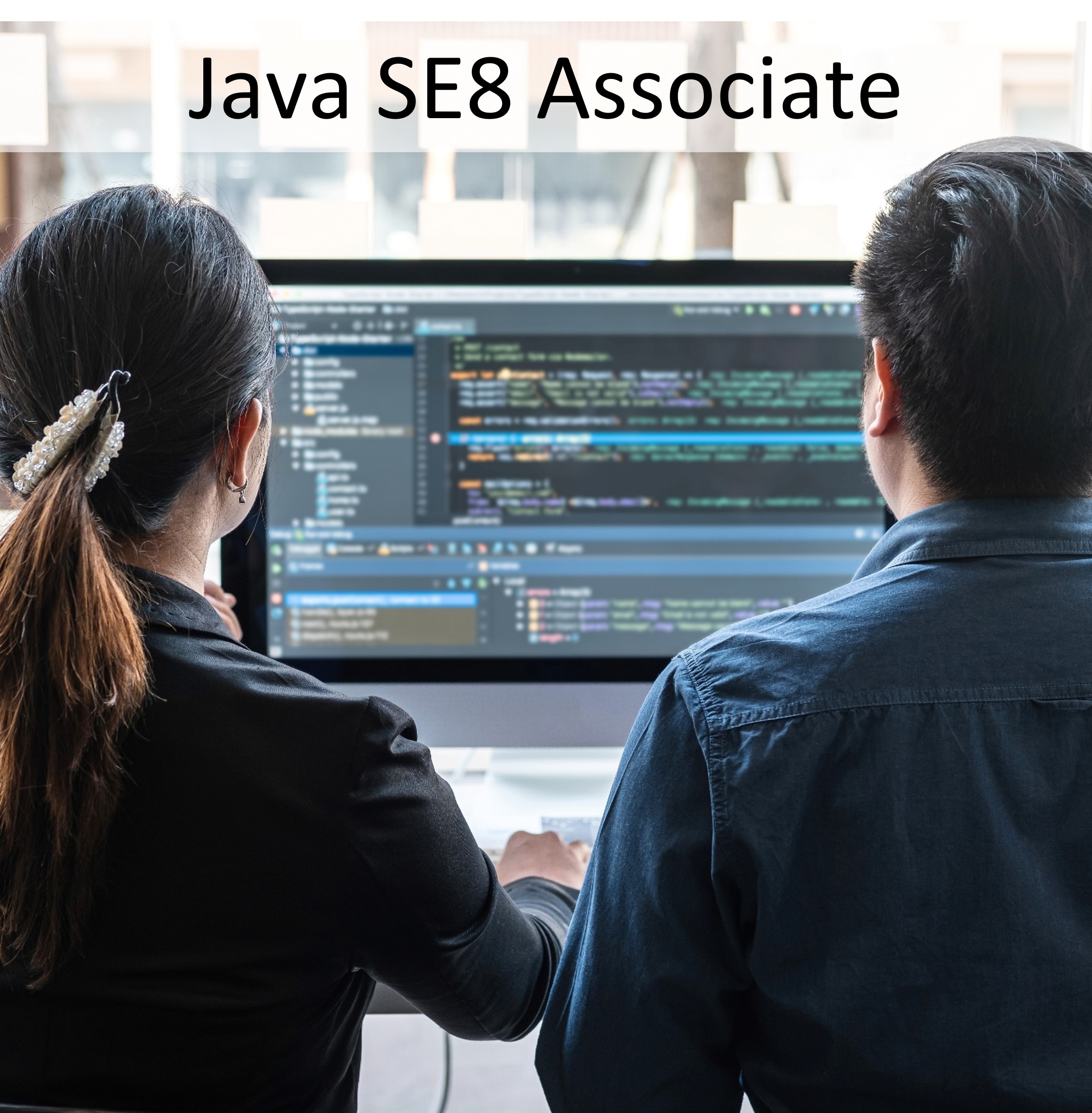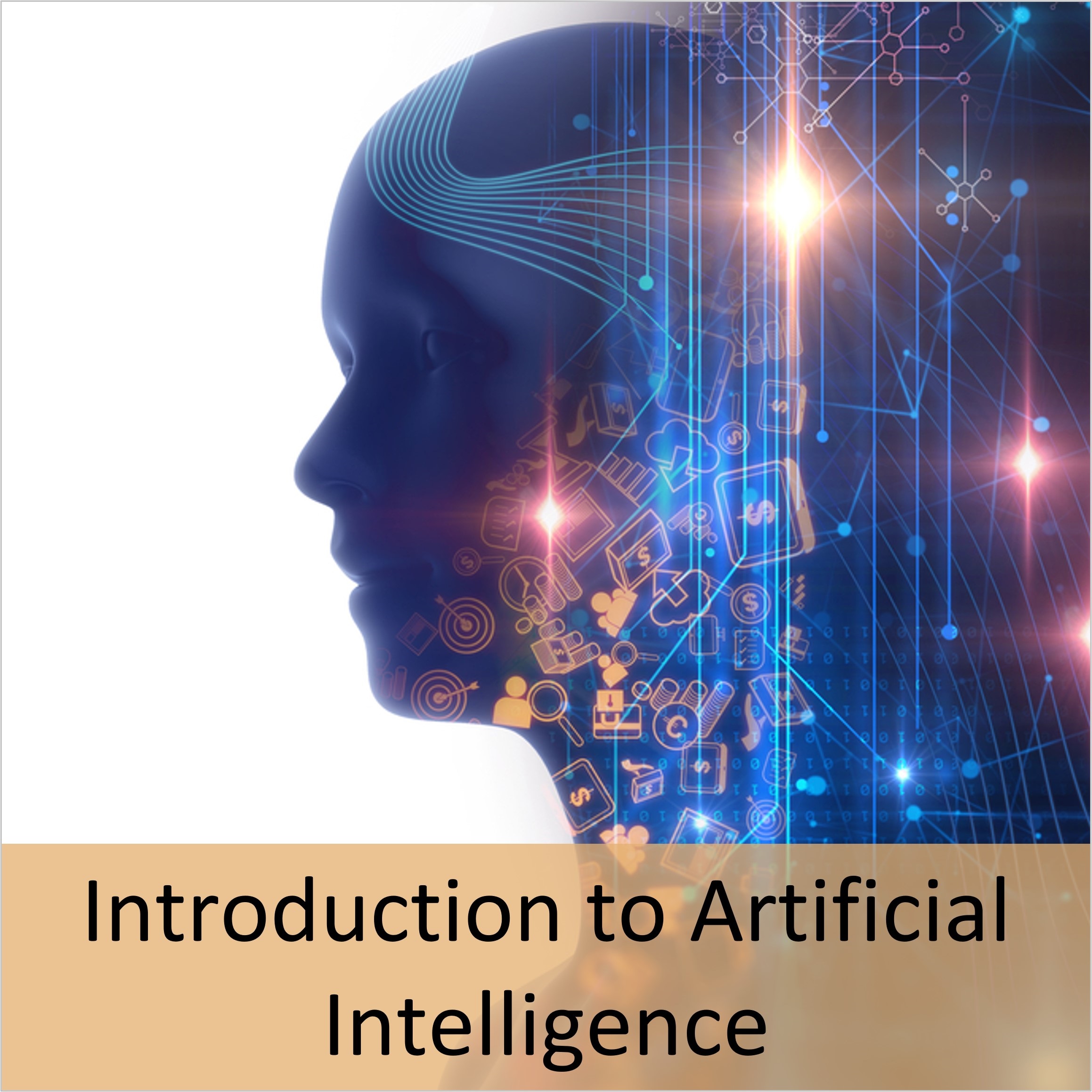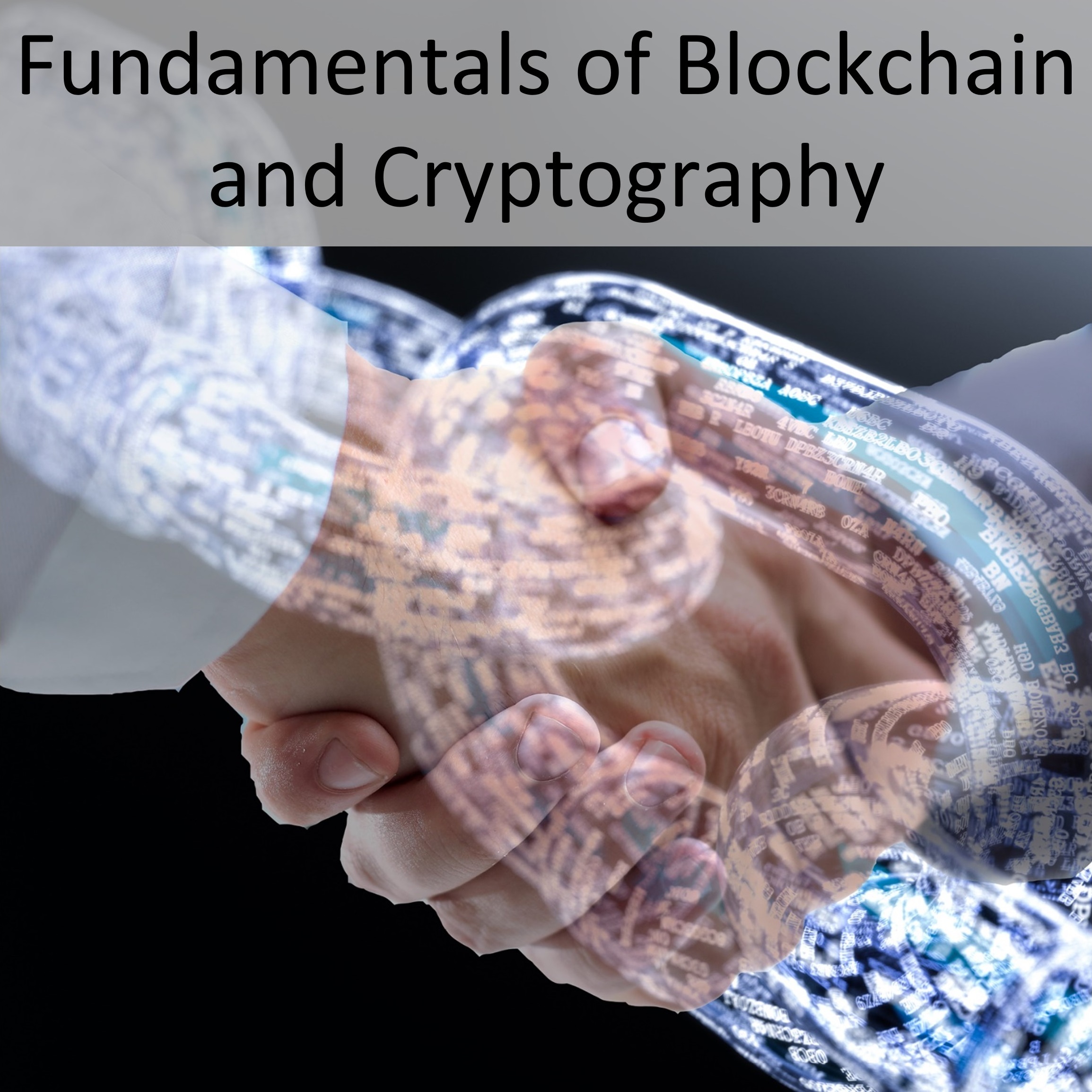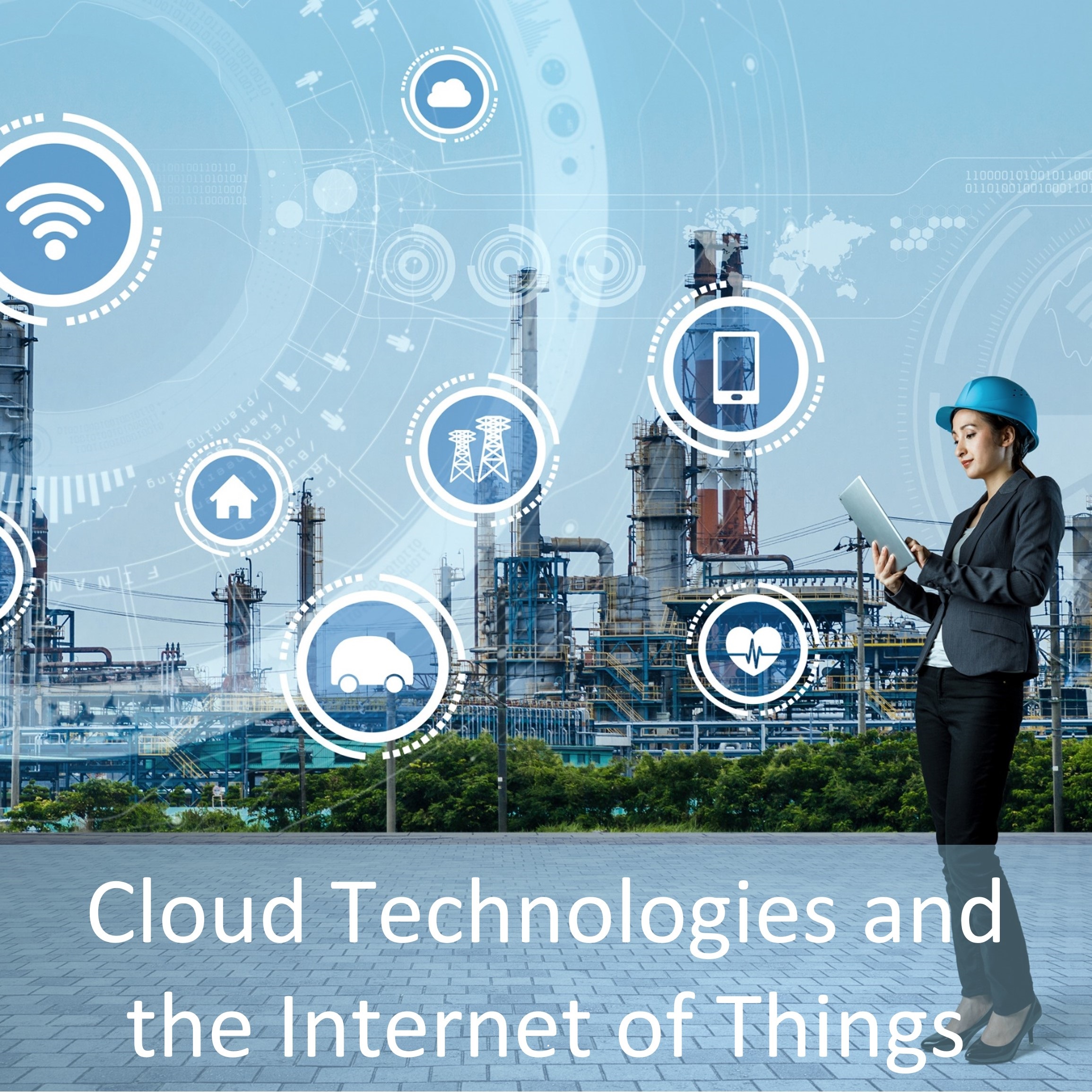
The Project Management course is intended to identify the key components of a career as a project manager. Students will review the basics in project management terminology, such as designating distinctions among projects, products, programs, and portfolios. They will delve into concepts like managing deliverables and creating engaging relationships with stakeholders. The primary components of project planning will be laid out and described in detail. Students will explore teams and organizational structures. They will discover project management tools and innovation being used in the industry. Overall, they will develop a greater understanding of the mechanisms that are in place to effectively carry out projects of any size through specific project management techniques.

This course introduces students to the world of Java SE8. Students will get an insight into the fundamentals of Java programming. Over 9 modules, students will learn everything from absolute basics like learning about Java class, variables, and how to run a Java program, to handling arrays and exceptions. The course contains guided tutorials, do-it-yourself projects, and great resources that will help students practice and learn how to program in Java. After completion of this course, students will be prepared to take either the Java SE 8 Oracle Certified Associate (OCA) certification exam or the Information Technology Specialist in Java certification exam.

This course teaches what every student should know about Artificial Intelligence. AI is a fast-moving technology with impacts and implications for both our individual lives and society as a whole. In this course, students will get a basic introduction to the building blocks and components of artificial intelligence, learning about concepts like algorithms, machine learning, and neural networks. Students will also explore how AI is already being used, and evaluate problem areas of AI, such as bias. The course also contains a balanced look at AI’s impact on existing jobs, as well as its potential to create new and exciting career fields in the future. Students will leave the course with a solid understanding of what AI is, how it works, areas of caution, and what they can do with the technology.

Blockchain seems to be the latest buzzword that the business world is talking about. But what is it? And why should a high school student care? This course will seek to answer those questions. It will strip away the layers of complexity and sophistication to help students understand the key concepts of the blockchain. The course will introduce and discuss applications where blockchain has the greatest potential.

In the Cybersecurity course, students will learn about the practice of protecting networks, systems, and programs from digital attacks. They will better understand the aim of these attacks, such as destroying information, extorting money and resources, or disrupting business operations. They will learn about the challenges and opportunities that implementing cybersecurity measures can present. As attackers become more innovative, it is more important than ever to have effective cybersecurity channels in place to counter them. Students will learn about countermeasures and role recovery and their integral function in the cybersecurity realm. Additionally, students will learn what makes certain networks and systems more vulnerable to attacks. They will become adept at identifying potential viruses, worms, threats, and malware. The Cybersecurity course acts as a foundation on which to build extensive knowledge about threats to digital security.

First, we had the internet of computers. Then with the advent of email and social media, along with mobile technology, it became the internet of people. Today’s world is increasingly becoming the internet of things. With advances in battery power, sensors, and computer chips, more and more devices are being connected to the internet. This will allow them to be monitored, controlled, and used more effectively for people and businesses. This course will examine the trends and opportunities surrounding the Internet of Things (IoT). Students will learn about the technologies, hardware, and software that underpin the Internet of Things. The course will examine a variety of end-market applications in our homes, businesses and cities. Finally, students will learn about the many career opportunities that the Internet of Things will enable.